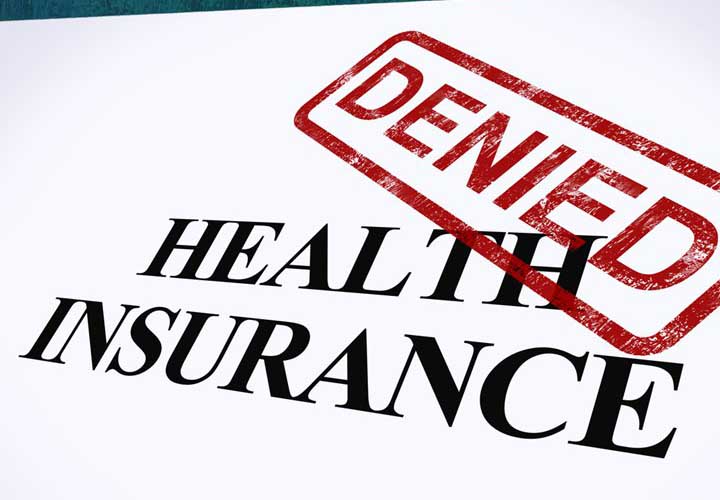It used to be quite common for health insurance companies to deny coverage to individuals with pre-existing health conditions. A pre-existing health condition is one that was diagnosed before the attempted insurance enrollment. For example, someone diagnosed with diabetes or heart disease three years ago has a pre-existing condition. In the past, if these individuals were not covered by an employer’s plan they were often unable to buy individual health insurance policies at all, or if they could, were required to pay extremely high premiums.
HIPAA
The Health Insurance Portability and Accountability Act (HIPAA) provided some protection for individuals enrolling in group plans such as those offered by employers. HIPAA was enacted in 1996. It prohibited group plans from denying coverage for pre-existing conditions or genetic conditions except for the last 6 months. For example, if you were diagnosed with cancer in 2010 and treated using coverage provided by your employer you now have a pre-existing condition of cancer. If you lost your job and your insurance coverage in 2012, and then three months later got a new job, the insurance at the new job would not be able to deny coverage for your pre-existing cancer. However, if you were diagnosed with cancer two months before losing your job, and then got a new job three months later, the diagnosis of cancer falls within the 6-month period and you would not be protected by HIPAA- your new group health insurance offered through your new employer could decide that your cancer was pre-existing and therefore refuse to cover any expenses related to its treatment.
Affordable Care Act
As of January 1, 2014, the Affordable Care Act prohibits insurance companies from refusing to cover individuals with pre-existing health conditions, and it prohibits insurance companies from refusing to pay for pre-existing health conditions. It also prohibits companies from charging more for individuals with pre-existing health conditions. In fact, while buying individual health insurance from a company, the company cannot ask you about prior health conditions at all.
This prohibition extends to children as well. Private health insurance companies, Medicaid, and the Children’s Health Insurance Program (CHIP) cannot deny coverage to a child due to pre-existing health conditions.
Grandfathered Policies
There is one exception to this prohibition- grandfathered health insurance policies. Grandfathered health insurance policies are private policies that were purchased prior to January 1, 2014. “Grandfathered” policies that do not cover pre-existing conditions are allowed to continue to not cover pre-existing conditions. However, individuals who have purchased these polices have the option to replace their old policy with a Marketplace plan that does cover pre-existing conditions. The change of policies could have been done during open enrollment (which ended in March 2014) or can be done whenever the “grandfathered” plan ends.
The termination of any health insurance coverage, whether it is offered by an employer or is a private insurance plan, triggers a new 60-day open enrollment period during which you can buy a new insurance policy on the Marketplace. Any major change in family status, such as a marriage or the birth of a child, also triggers a new 60-day open enrollment period during which a new policy can be purchased on the Marketplace. After the ACA, it’s rare for a patient to be denied health insurance for a pre-existing condition.
Photo: Depositphotos/©stuartmiles









